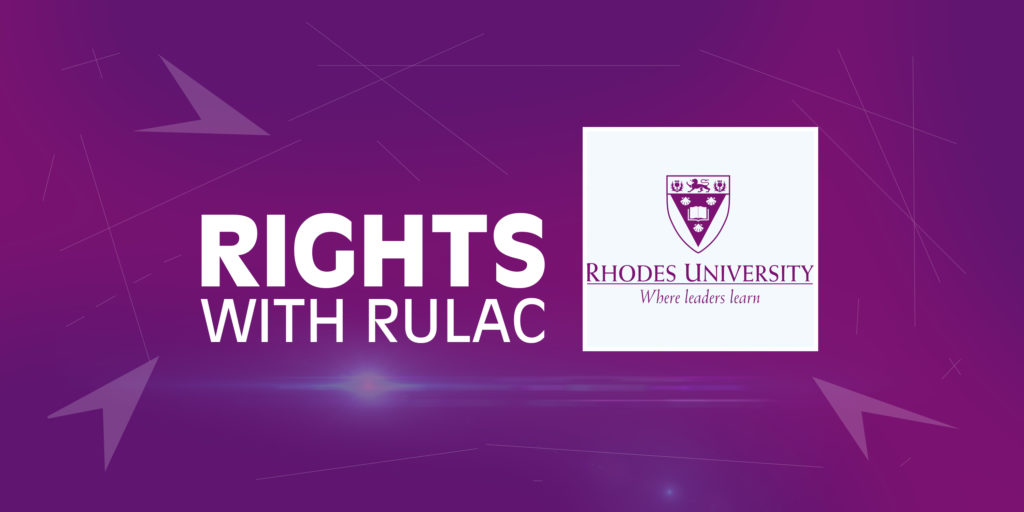It is without a doubt that the well-being of any society is dependent on the healthy development of the children of that society. With that said, it cannot be stressed enough that children are the most vulnerable members of any society and should be given the utmost protection at all times.
Children generally depend on their family members for care and protection but in some cases family members fail to provide this. Where family members fail to provide children with the care and protection that they need, the Children’s Court steps in to ensure that the children are protected and their safety and well-being is not compromised in any way.
The Children’s Court is a “special court” that deals with issues affecting minor children. It has a special task of taking care of children who are in need of care and protection and makes decisions about children who are abandoned, neglected or abused. It is a child-friendly court that affords children an opportunity to be heard.
When a person suspects that a child is in need of care and protection, s/he may approach the Clerk of the Children’s Court for assistance. The court will then request the assistance of Social Welfare or Social Development for purposes of assessing the merits of the allegations made. The purpose of the enquiry is to assist the child and promote his/her best interests.
Depending on the merits of the case, the child and/or parent in question may be placed in safe care or referred to services that they may require, depending on the circumstances. It is important to note, however, that the Children’s Court does not deal with criminal matters. Rather, it focuses only on the rights of the minor child, and ensures that the rights of the child are promoted and that his/her best interests are protected. The criminal aspects of the matter are referred to the criminal court.
The Children’s Court is a very child-friendly court, and creates an environment where the child feels very comfortable to participate in court-related proceedings and be heard without fear of intimidation or harm. The Court is very selective as to who may attend the court proceedings, and only allows people who are directly involved with the case or child to be present in court. As children are very vulnerable and need to be protected from any possible harm, it is not always necessary for the child concerned to be present in court. The child concerned is able to give evidence in a separate room with the help of another person. In most cases, the person who assists the child is usually a social worker who understands children and is chosen by the court to assist the child involved.
The children’s court also assists where there are disputes regarding the primary residence of a minor child and/or where extended family members would like access to the minor child. It also assists with parental rights and responsibilities agreements, and assists in determining which parental rights and responsibilities agreement is most suitable for the minor child and promotes his/her best interests.
Although anyone and everyone who suspects that a child is being abused or neglected must report this to the Children’s Court, the law places a duty on nurses, lawyers, doctors, teachers, dentists, social workers, ministers of religion and traditional leaders to report possible child abuse. The Children’s Court is located in every magistrate’s court in South Africa should anyone wish to refer a matter to the court.
The set-up is different in every court and as such, it is always best to ask the security guard for directions when you want to see the clerk of the Children’s Court. The Magistrate’s Court is open to the public from 08:00 till 16:00, however it is always best to visit the clerk of the Children’s Court before 13:00.
Ms Amanda Mngomezulu
Rhodes University Law Clinic


